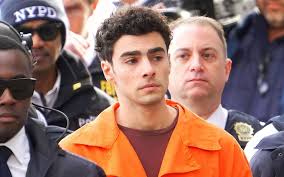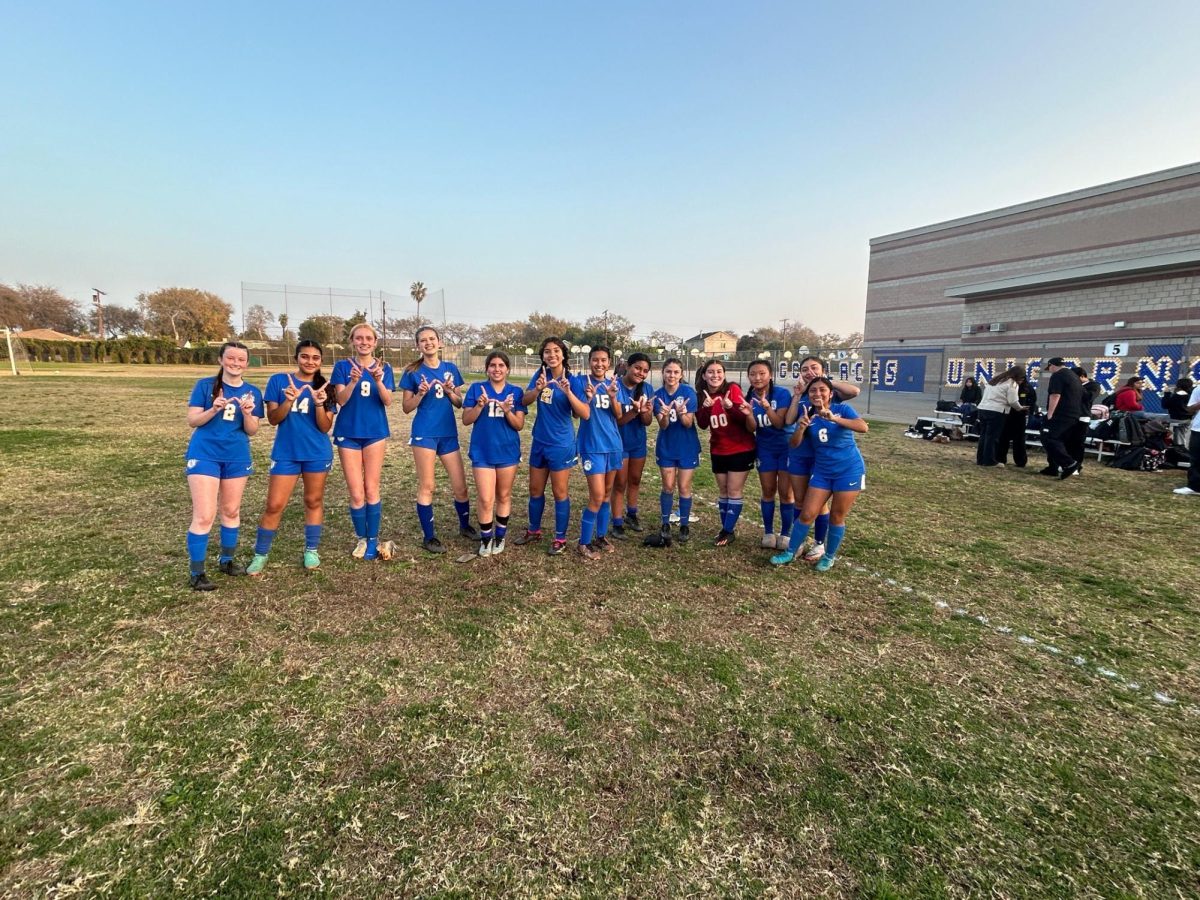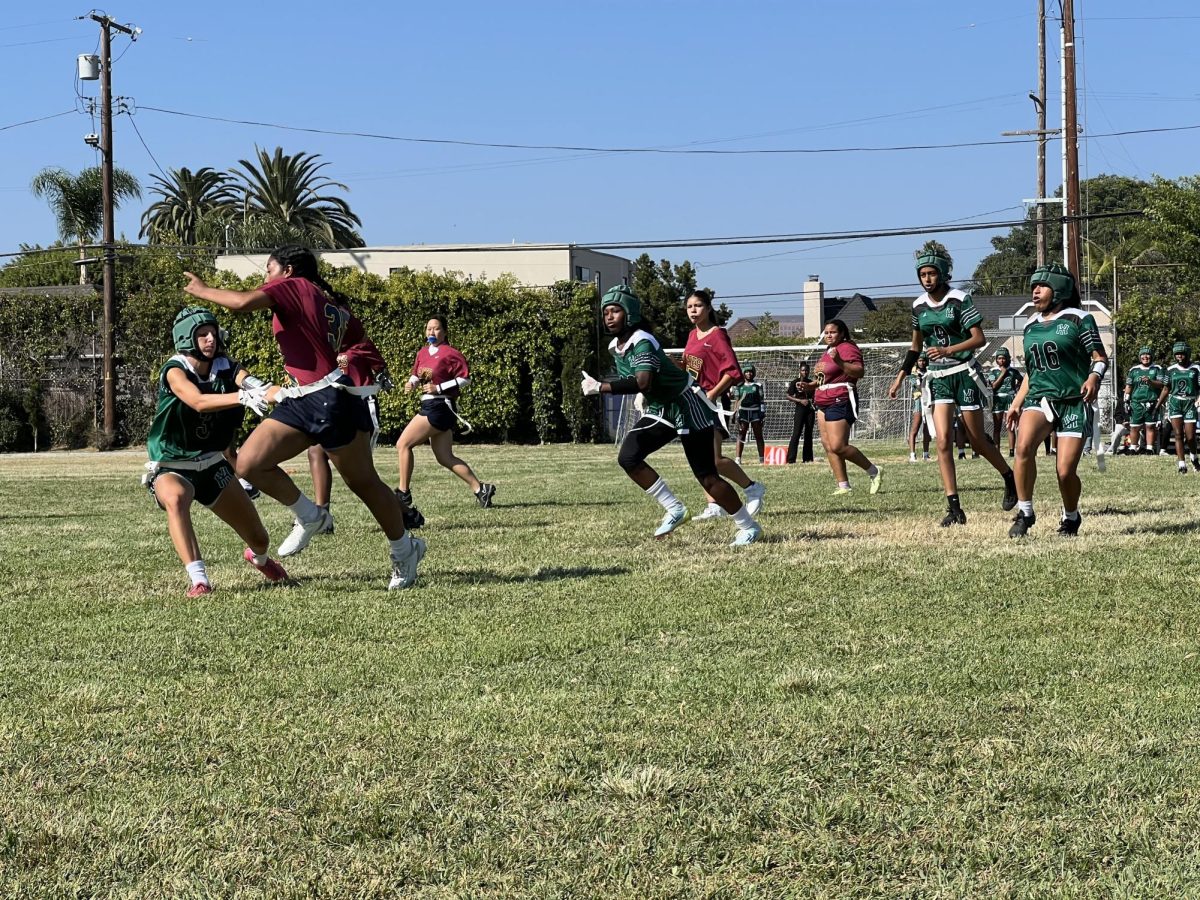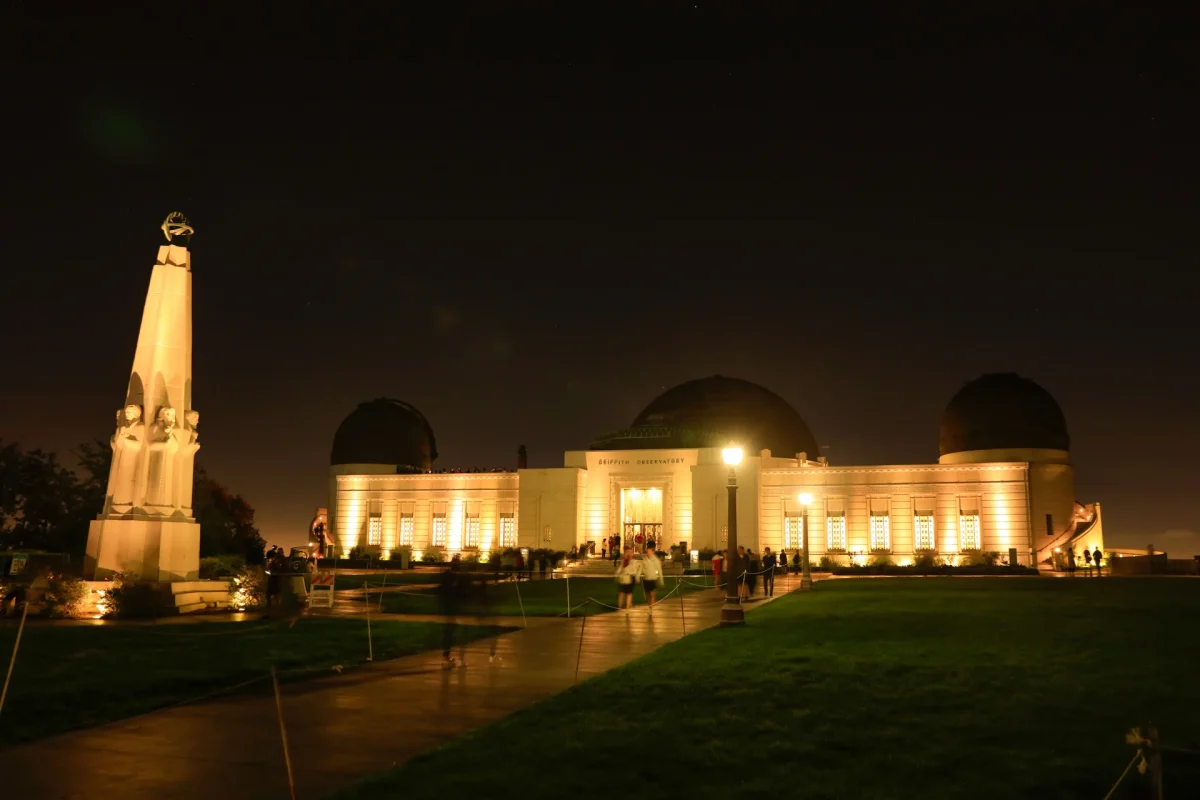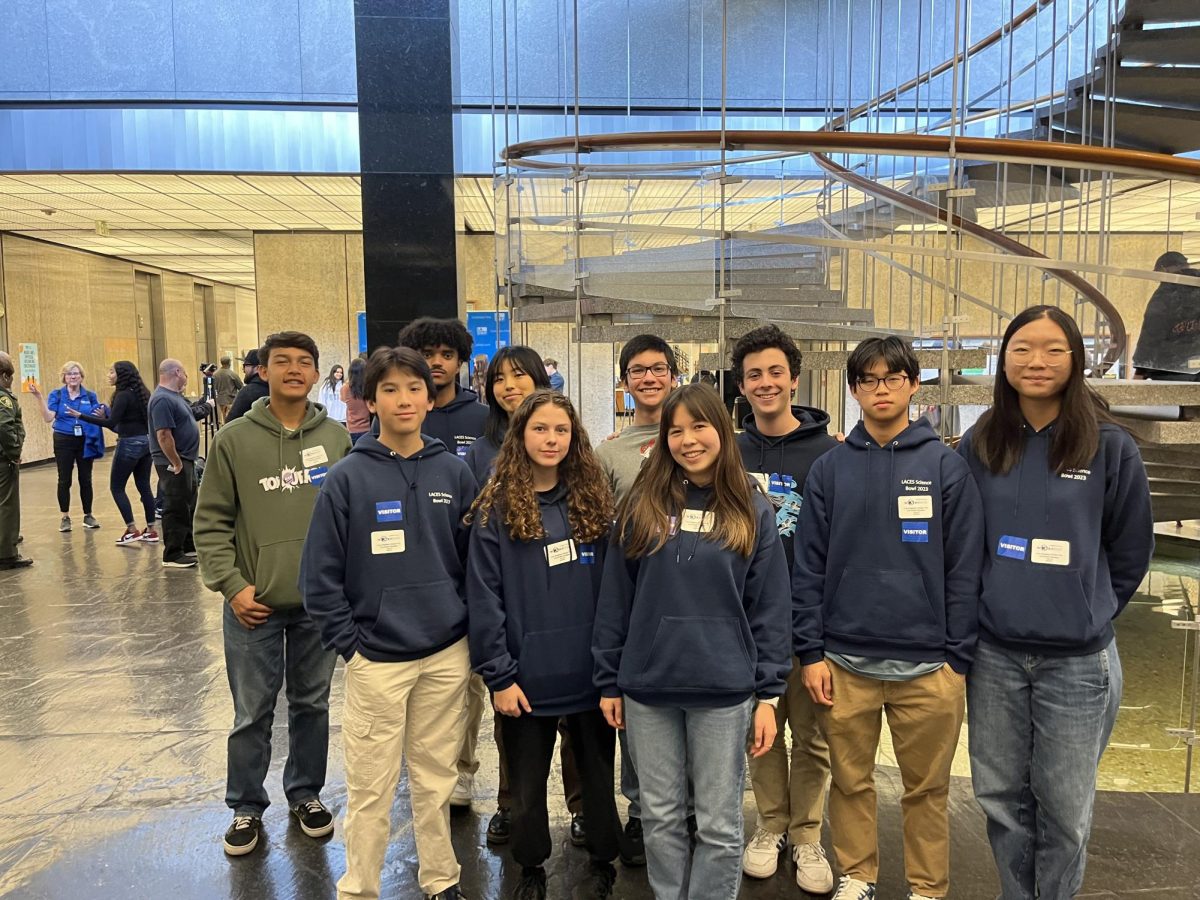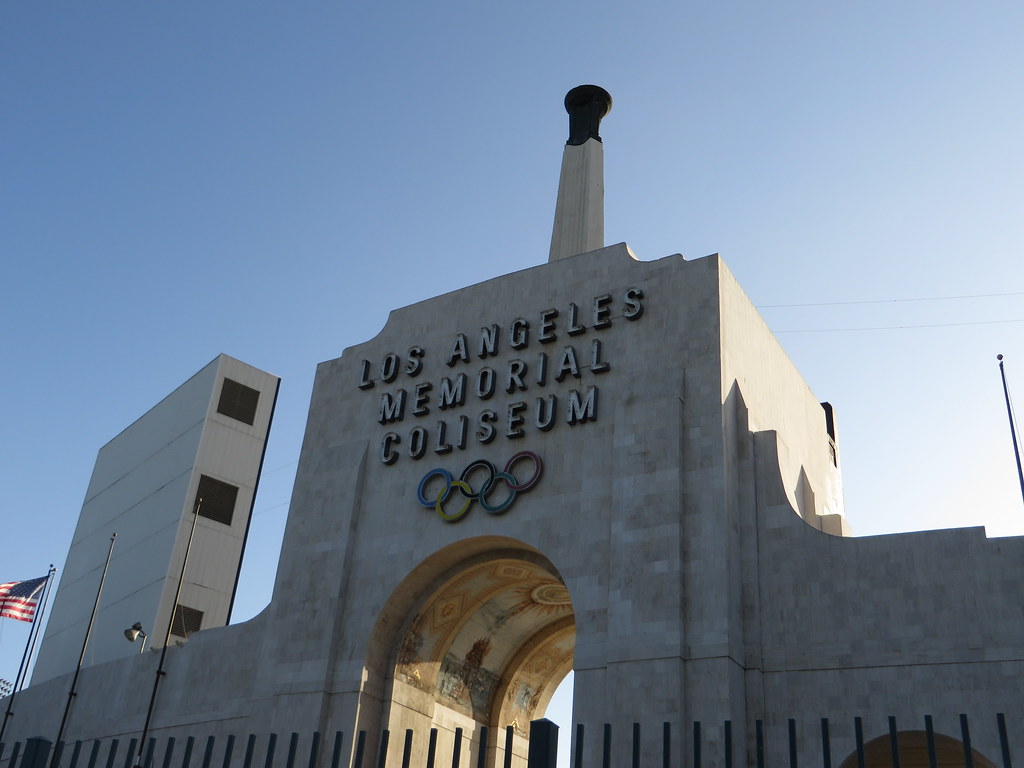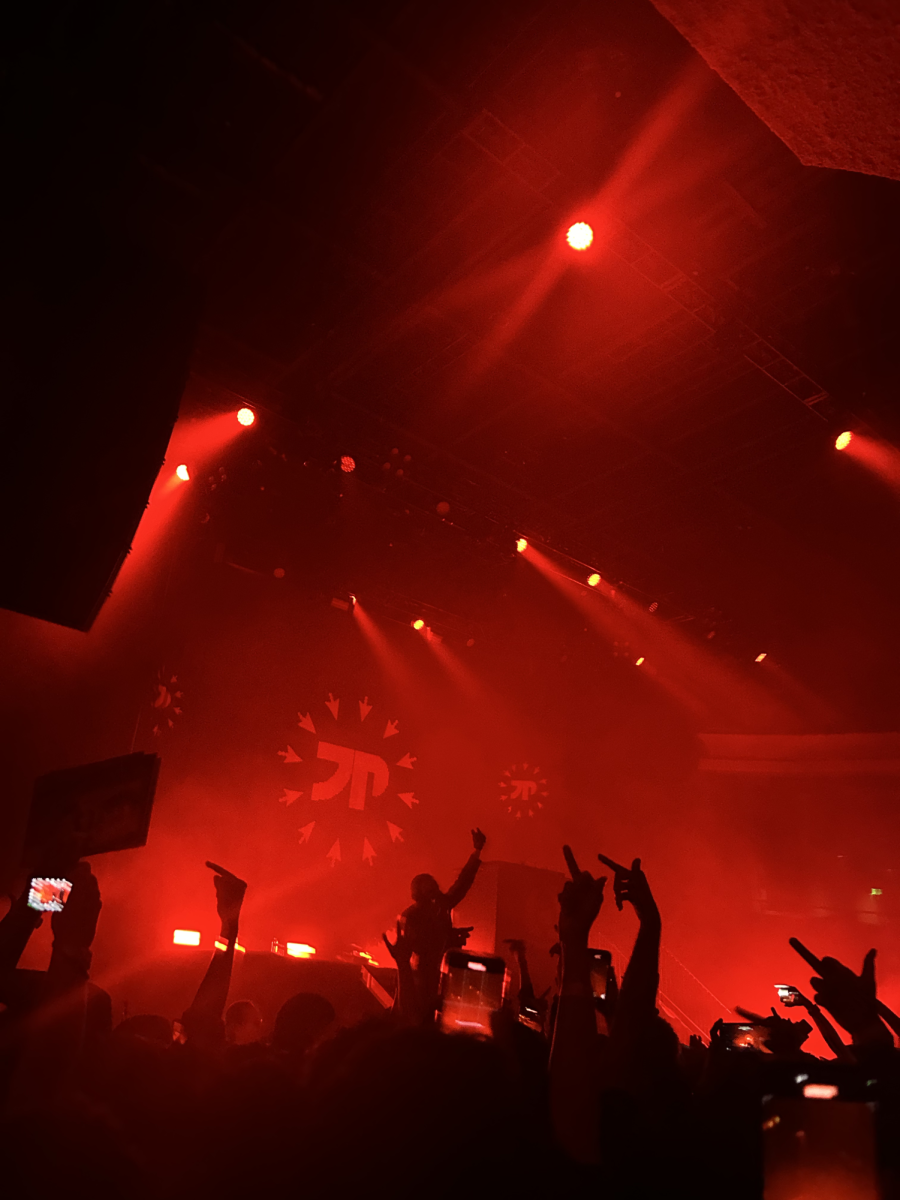“Which of the following types of magnetometers needs to be cooled to very low temperatures due to reliance on the Josephson effect? W) Overhauser X) SERF Y) SQUID Z) Fluxgate.” You search your memory, frantically thinking back over the dozens of hours you’ve spent studying this stuff. Still, you’re not certain — but your team is depending on you. With a shaky hand, you hit the buzzer in front of you. “Y?”
To most LACES students, this sounds like a scenario straight out of an anxiety-induced nightmare. But for a Science Bowl member, it’s a pleasant afternoon. Put on by the US Department of Water and Power, Science Bowl is a buzzer-based trivia competition in which teams of four players compete to answer questions about everything from microbiology to quantum physics. Teams from all over the city practice all year for the regional competition in March, the winner of which goes on to Washington, DC to compete in the national competition.
“Our goal is always to get in the top four, which is to place on stage,” said the team’s advisor, Mr. Brian Noguchi. “That’s when you get scholarship money. We’ve gotten top four in five out of the last six years.” This year, despite having lost the two seasoned seniors that led last year’s team, captain Jones Kim is determined to continue LACES’ legacy.
“Jones is probably one of the best life science specialists we’ve ever had at our school,” Noguchi said. On top of sharpening their biology expertise, Kim works to ensure the rest of the team is prepared for the competition. They’ve implemented a rigorous practice schedule of two half-hour lunchtime practices and two-to-four hours of afterschool practices a week. Kim takes pains to ensure each of those sessions is used as efficiently as possible.
“It’s been a historical effort to try and keep a spreadsheet of which rounds and practice rounds we’ve done,” Kim said. “Every year, we’ve failed to upkeep such a thing because everyone gets kind of lazy, but I’ve been keeping quite the spreadsheet, quite up-to-date,” Kim said. For many of the members, the structured practice time is still not enough. Sophomore physics specialist Micah Schwartz, for example, says he spends six to seven hours every week studying in addition to regular practices. What’s kept him coming back is not the science, however, but the team itself.
“I enjoyed it last year. I had fun. I bonded with my teammates. We had some success,” Schwartz said. This year, it’s more than a spot in the top four the team is chasing — they have their hearts set on revenge. Last March, they suffered a loss against their longtime rival, Harvard-Westlake, sending them to the challenger’s bracket of the competition and forcing them to work their way back up. Now, they’re determined to get their vengeance.
“I hope we will bring the privileged Harvard-Westlake to their knees,” Kim said. “Like a social revolution. So don’t fret about that, we will get justice done.” As much as they care about the competition, though, it’s more than the numbers on the scoreboard driving members to practices every week.
“These kids, they want to study and they love science, right?” Noguchi said. “Science Bowl gives them a little niche where they have similarly-minded people who all love science, and they get to expand their knowledge.”







